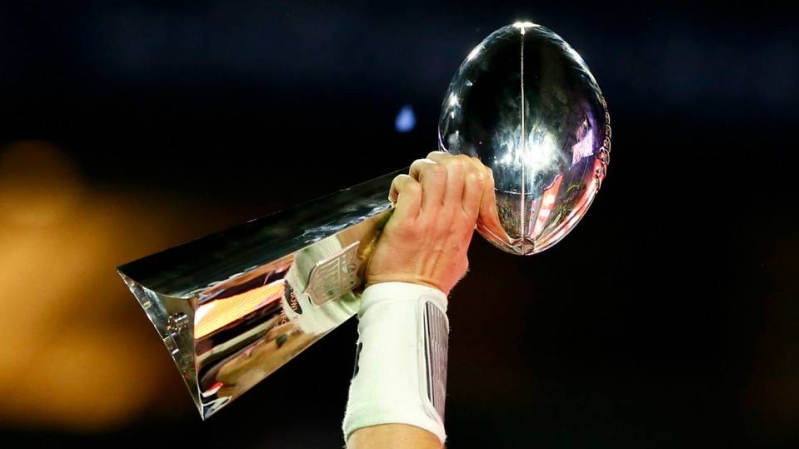
While there may be significant disagreements by religious backgrounds among Americans about the function God plays in sports, one-quarter, or 25 percent, of Americans polled during last month by nonprofit PRRI believe God plays a role in determining the outcome of sporting events. However, 73 percent of the public polled disagreed with this concept.
PRRI is a nonpartisan, independent organization whose team members conduct public opinion research to explore America's changing cultural, religious and political landscape. Much of PRRI's results are used to better understand debates on public policy issues.
White evangelical Protestants and non-white Protestants are more likely to see the hand of God in the outcome of sporting events than any other religious group, indicates PRRI's January 2017 study.
Approximately four in 10, or 41 percent, of non-white Protestants and more than one-third, or 36 percent, of white evangelical Protestants believe God plays a role in determining which team wins.
Fewer white mainline Protestants (25 percent), Catholics (25 percent), and religiously unaffiliated Americans (9 percent) believe God plays a role in determining outcomes on the field.
Nearly half, or 49 percent, of the public believes God rewards athletes who have faith with good health and success, but about as many respondents (47 percent) disagree.
Strong differences of opinion are evident between Americans of different religious affiliations. Non-white Protestants (65 percent), white evangelical Protestants (62 percent), and white mainline Protestants (59 percent) are more likely than Catholics (48 percent) and religiously unaffiliated Americans (29 percent) to believe God rewards faithful athletes with success and good health.
PRRI's study indicated close to half (46 percent) of the public report they are very likely to watch this year's upcoming Super Bowl. Roughly one-quarter (23 percent) said they are somewhat likely, while nearly one-third (31 percent) said they are not too, or not at all, likely to tune in.
Interest in the Super Bowl is roughly similar this year to past year; in 2016, 43 percent of the public said they would be very likely to watch the game. There are few differences between Americans of different racial and political backgrounds, according to PRRI. However, men and women report considerably different levels of interest in the Super Bowl. A majority (52 percent) of men but only 40 percent of women say they are very likely to watch the big game.
The same PRRI survey indicated nearly two-thirds (63 percent) of Americans consider themselves to be a fan of a particular sports team. Among sports fans, one in five (20 percent) report they believe their team has been cursed at some point, while more than one-quarter (28 percent) say they have prayed for God to help their team.
There are notable differences between male and female sports fans, according to PRRI. Men are more likely than women to believe their team has been cursed (24 percent versus 15 percent respectively), while women are somewhat more likely to report having prayed for divine intervention to help their team (31 percent versus 25 percent, respectively).
Nearly half, or 49 percent, of Americans in this poll report they approve when athletes express their faith publicly by thanking God during or after a sporting event. Only 4 percent of the public express disapproval of an athlete expressing gratitude to a higher power. Forty-seven percent of the public respondents say such displays don't matter to them one way or the other.
No group is more supportive of athletes' public displays of religious gratitude than white evangelical Protestants, according to PRRI. Nearly eight in 10 (77 percent) white evangelical Protestants said they approve of athletes thanking God during or after a game, compared to 69 percent of non-white Protestants and about half of white mainline Protestants (49 percent) and Catholics (50 percent).
Only 18 percent of the religiously unaffiliated said they approve of these types of acts. However, only 4 percent of religiously unaffiliated Americans expressed disapproval of athletes thanking God; 78 percent said this behavior does not bother them.






